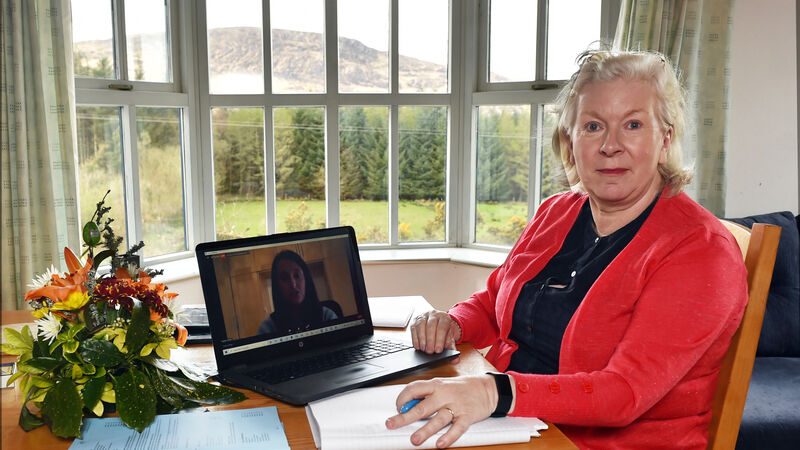Jess Casey: Covid, choc-a-block classrooms, and contracts top of teachers' agenda

“It has felt longer than a decade, and shorter than a week,” is how the minister for education succinctly described the last year and its upheaval of education.
In any given year, Norma Foley may have been able to enjoy the buzz of excitement at the annual teaching conferences.
















